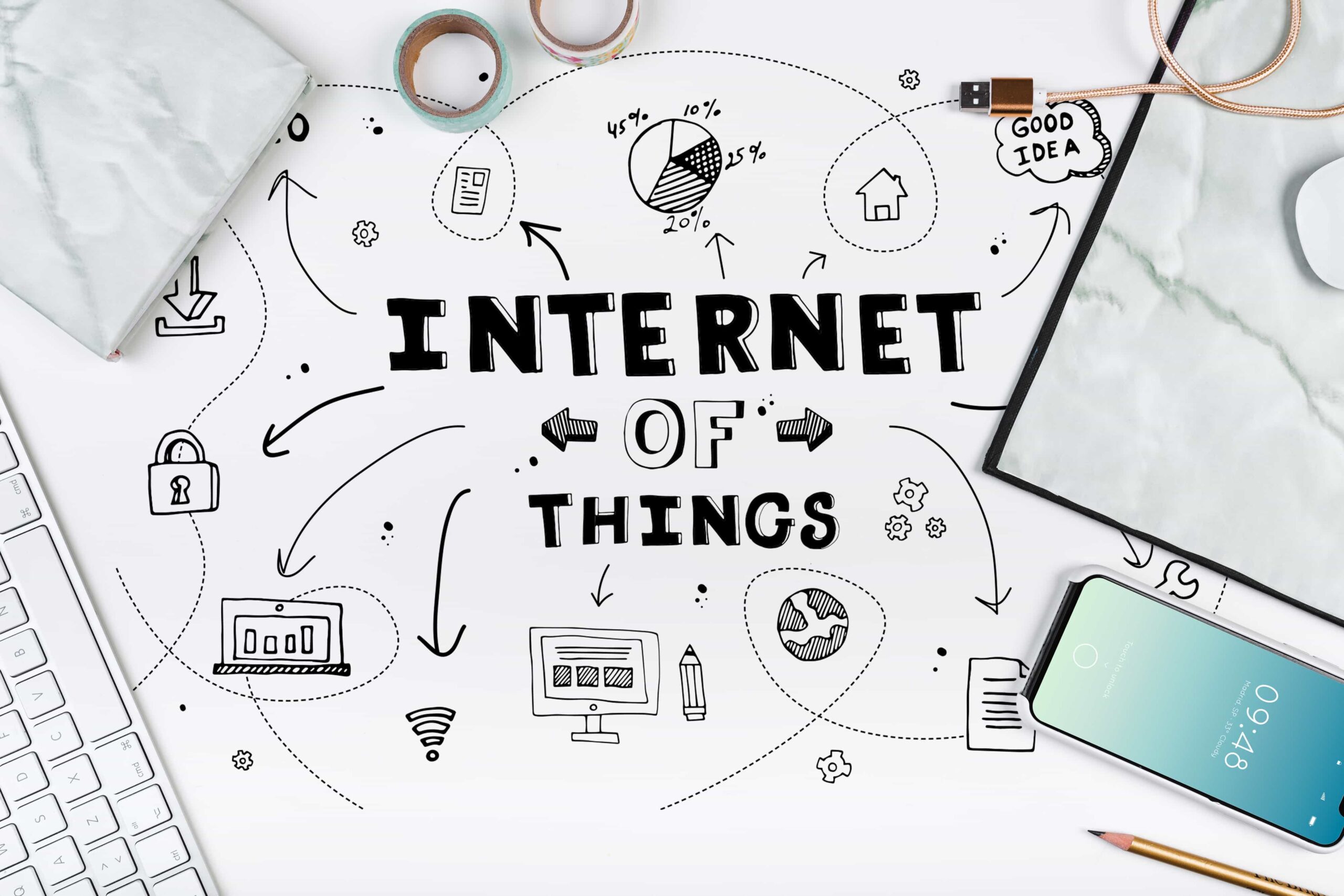In this article, we are going to talk about how to build a career on the internet of things. All the jobs in the IoT deal with the following four layers of IoT.
- Sensors
- IoT Gateways
- Analytics
- Cloud
First Layer: Sensor connected IOT devices :
These are small, memory-constrained, and battery-operated IoT devices. These devices have onboard sensors and activators. This could either be stand-alone devices like fitness trackers.
These could be bigger machines for sensing and control. There are thousands of small and established companies working round the clock to come up with more interesting IoT devices.
Second Layer: IoT Gateways
All the sensors deployed in the field are connected to the internet via a more powerful computing device known as the IoT gateway. It’s the same as if you use wifi routers to connect multiple devices to the internet. A lot of IoT companies are working towards building more powerful intelligence in IoT gateways.
Third Layer: Cloud Computing
All the censored data recorded by the IoT devices need to be stored in cloud-hosted servers. These servers record these data stores then into safe and reliable fashion in databases then make them available for analysis and decision making.
Almost all cloud computing companies come up with specialized platforms and services for IoT. This layer is always hungry for skilled professionals.
Fourth Layer: IoT Analytics
This is the final and most valuable layer of the IoT. This layer brings the greatest value to IoT articles. This is the layer where all the row data is converted into actionable business insights. For improving business operations.
This is also a layer that uses machine learning for predictive analytics. This layer requires professionals who are skilled in IoT, Analytics as well as Cloud.
With this in mind, we suggest exploring some carrier-oriented IOT courses. Contact us through our website and know how to kickstart your career in IoT.

